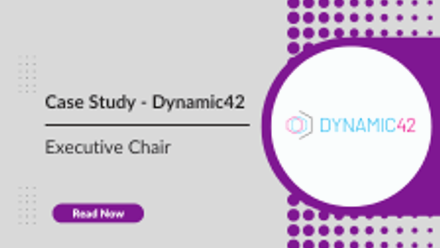Should your company consider employee salary sacrifice for pensions?

Karen Johal, Senior Director at FTI Consulting LLP, explores how salary sacrifice for pensions offers a smart solution to rising employment costs, helping employers cut costs without cutting staff.
Employer National Insurance Contributions (NICs) are a mandatory cost for every employee earning above a certain threshold. This is calculated as a percentage of an employee’s salary, and even a modest increase can significantly impact an organisation's total payroll costs, especially when applied across a full workforce. For businesses operating on tight margins or dealing with rising costs elsewhere – such as energy, materials, or interest rates – this additional cost adds to the pressure.
Why act now?
Following the Autum 2024 Budget, from April 2025 the employer NICs rate increased from 13.8% to 15%, representing a significant additional cost for employers across all sectors. This increase introduces an additional financial burden for businesses already struggling with economic challenges and escalating operational costs. As a result, many life science employers are reassessing their workforce and compensation structures in order to maintain financial sustainability. Employers are also looking for efficient ways to reduce overheads without cutting back on staff or pay. In light of these changes, now is an ideal time to explore smarter, more efficient approaches to managing payroll costs.
As such, one underutilised, yet highly effective, solution is salary sacrifice for pension contributions. Not only can it help reduce employer NIC costs, but it also provides a meaningful benefit for employees. There has never been a better time to consider salary sacrifice for pensions as it aligns cost savings with employee wellbeing which is a rare combination. It can also help enhance your employee benefits offering without increasing headline pay.
How will it help?
A salary sacrifice arrangement for pensions is a scheme where employees agree to reduce their gross salary by a set amount or percentage, and in return, their employer increases their employer pension contributions by an equivalent amount (or sometimes by an increased amount, where the employer wishes to share the employer NICs savings with the employee). This adjustment takes place before tax and NICs (both employee and employer) are calculated, making it a highly efficient way to save. It’s a win-win arrangement as the employees benefit from employee NIC savings, while employers pay less in employers NICs. Where so-called “net pay” arrangements are in place, the change will also mean that employees paying tax at the higher or additional tax rate get up front tax relief via payroll, rather than having to reclaim additional tax from HMRC – a welcome reduction in administrative burden for impacted employees.
Implementing salary sacrifice is a simple and cost-effective solution that delivers long-term financial benefits. For employers, it offers a smart way to manage rising employment costs without reducing take-home pay or cutting back on staff. For employees, the scheme improves retirement outcomes by increasing pension savings at no extra net cost.
This approach not only helps manage increasing employment costs, but also strengthens the employee benefits package.
Finally, it is worth noting that salary sacrifice for pensions is an arrangement that is specifically legislated for, and you can also obtain clearance from HMRC following implementation if desired.
If you need any help in determining whether salary sacrifice for pensions is suitable, or to assist in the implementation, please contact Karen Johal (Senior Director at FTI Consulting LLP in London).






